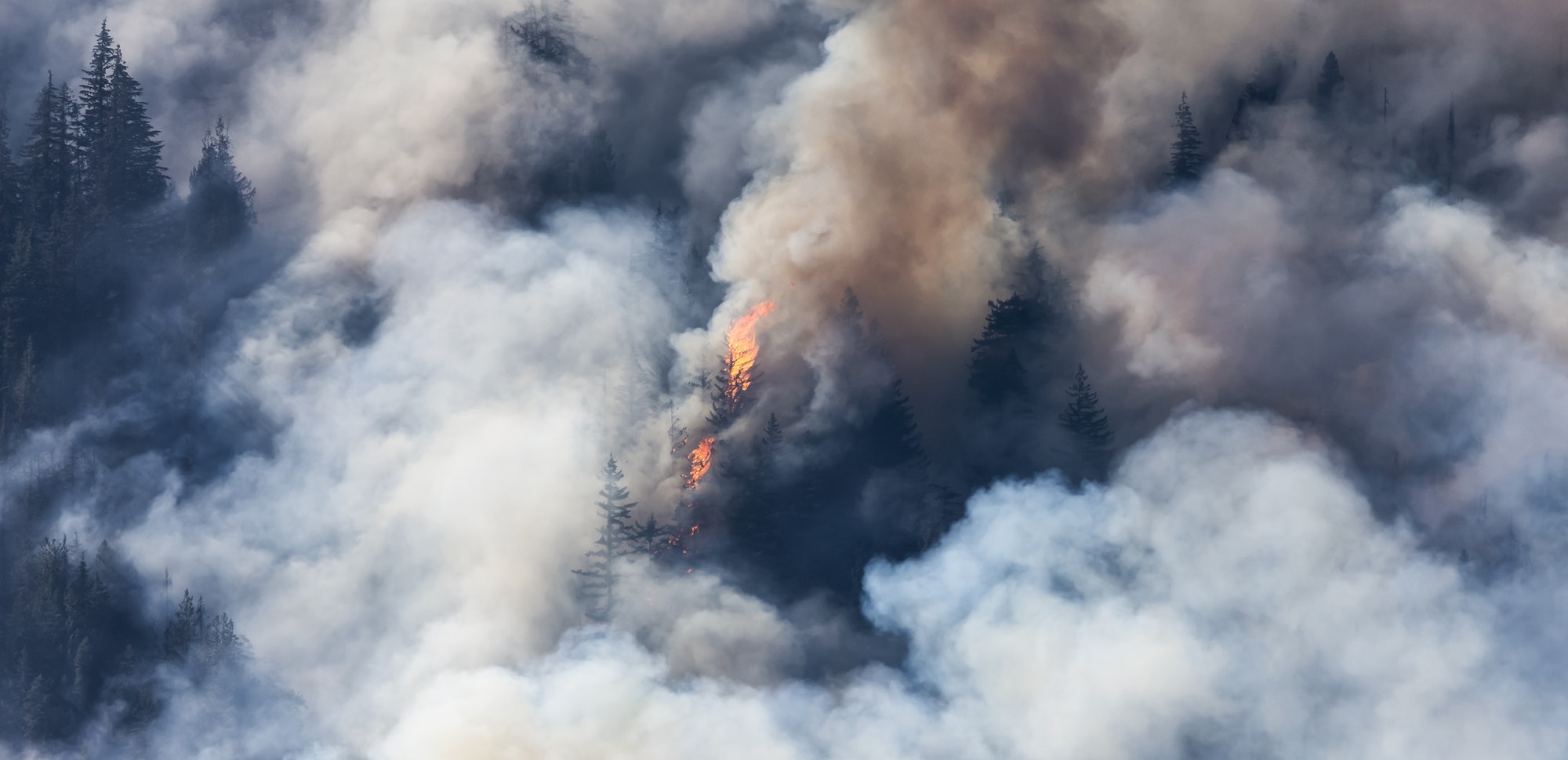Discover the full story behind Chile’s declaration of a state of emergency over the raging forest fires. Learn how the nation combats this crisis and how you can help.

Introduction
Chile is facing one of its most challenging times as forest fires rage across the country, leading to a declared state of emergency. This situation has drawn global attention to the South American nation’s plight, highlighting the devastating impact of such natural disasters on communities, ecosystems, and the broader fight against climate change.
Understanding the Crisis: Chile’s Forest Fires
The fires in Chile are not just a local issue; they’re a glaring reminder of the broader environmental challenges facing our planet. These fires have scorched thousands of hectares, displacing communities and threatening biodiversity. As we delve deeper, we’ll explore the causes, the efforts to combat the fires, and how each one of us can contribute to these efforts.
Chile Declares State of Emergency Over Raging Forest Fires
In response to the escalating crisis, the Chilean government has declared a state of emergency. This decisive action has mobilized resources and international aid to combat the fires, showcasing the urgent collaboration needed to address such calamities.
The Impact on Local Communities
The fires have uprooted families and devastated livelihoods. Stories of evacuations and losses paint a bleak picture but also highlight the resilience and solidarity among the affected communities. This section will share their stories and the ongoing efforts to support those directly impacted.

Environmental Consequences
The environmental toll of the fires is immense, affecting biodiversity and contributing to the broader climate crisis. This part of the article will examine the repercussions on the environment and the interconnections of these fires with global climate change trends.
Government Response and Measures
A comprehensive overview of the Chilean government’s response, including emergency services mobilization and the call for international assistance, will be presented. This highlights the global nature of environmental disasters and the need for international solidarity.
Preventive Measures and Fire Management Techniques
Focusing on prevention, this section will outline the measures being taken to manage and prevent future forest fires. From community awareness initiatives to the adoption of advanced technological aids, we’ll explore the strategies in place to mitigate such disasters.
The Role of Climate Change
Climate change is a significant factor in the increasing frequency and intensity of forest fires. This segment will discuss how rising temperatures and prolonged drought conditions contribute to the crisis, along with predictions for future environmental impacts.

Personal Stories: Voices from the Ground
Through personal anecdotes and interviews, this section will bring to light the human aspect of the crisis. It will feature stories of volunteers, heroes, and survivors, offering a personal perspective on the tragedy and the collective effort to overcome it.
Global Solidarity and International Support
The international community’s role in providing support and aid to Chile during this time will be highlighted, showcasing the global response to environmental and humanitarian crises.
Rebuilding and Rehabilitation Efforts
Post-crisis, the focus shifts to rebuilding and rehabilitation. This part will cover the efforts to restore infrastructure, revive ecosystems, and the long-term plans to ensure such disasters are managed more effectively in the future.
How Can We Help?
A practical guide on how individuals and organizations can contribute to the ongoing relief and rehabilitation efforts, from donations to volunteering.
Long-term Solutions and Preventive Strategies
Finally, we’ll look at the broader picture, discussing the need for policy changes and the adoption of sustainable practices to prevent future crises.
Conclusion: Looking Forward
In concluding, we’ll reflect on the lessons learned from the crisis and the path forward, emphasizing the importance of preparedness, resilience, and global cooperation in facing environmental challenges.

FAQs
What caused the forest fires in Chile? The forest fires in Chile were sparked by a combination of factors, including prolonged periods of drought, unusually high temperatures, and strong winds. These conditions, exacerbated by climate change, create a perfect environment for wildfires to ignite and spread rapidly.
How is the Chilean government responding to the forest fires? The Chilean government has declared a state of emergency, enabling the mobilization of national resources, the military, and emergency services to combat the fires. Additionally, Chile is receiving international aid and support from various countries and organizations to help fight the fires and provide relief to affected communities.
What can people do to help those affected by the fires in Chile? Individuals looking to help can contribute by donating to reputable organizations involved in the firefighting and relief efforts. Volunteering information and resources for those willing and able to assist on the ground is also valuable. Supporting long-term recovery and rehabilitation initiatives is crucial for rebuilding the affected communities.
How do forest fires impact climate change? Forest fires release significant amounts of carbon dioxide and other greenhouse gases into the atmosphere, contributing to climate change. Additionally, the loss of forests, which act as carbon sinks, exacerbates the problem by reducing the planet’s capacity to absorb CO2. This cycle of destruction and emission accelerates global warming and climate change effects.
What long-term strategies are being implemented to prevent future forest fires? Long-term strategies include investing in forest management practices, such as controlled burns and the removal of deadwood to reduce fuel for fires. Enhancing early warning systems and community preparedness, implementing stricter regulations on land use and fire safety, and addressing the broader impacts of climate change are also crucial measures to prevent future fires.
Sources Aljazeera


